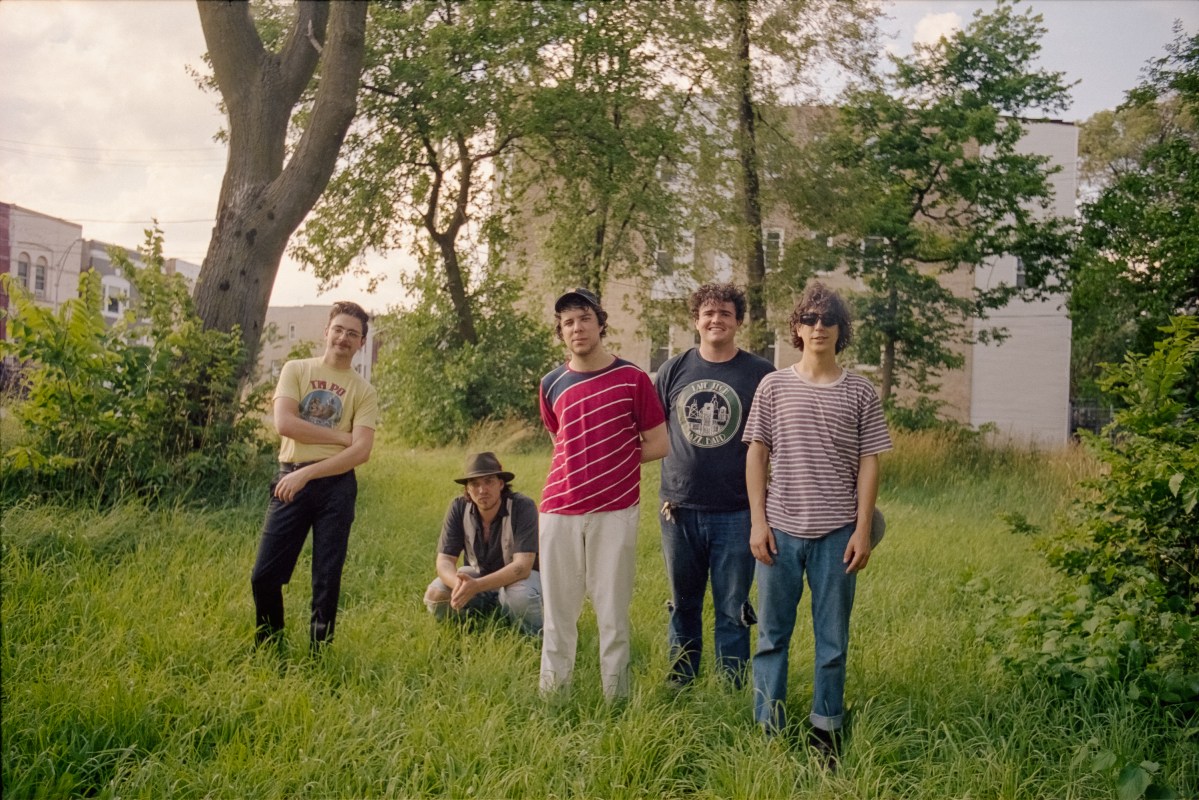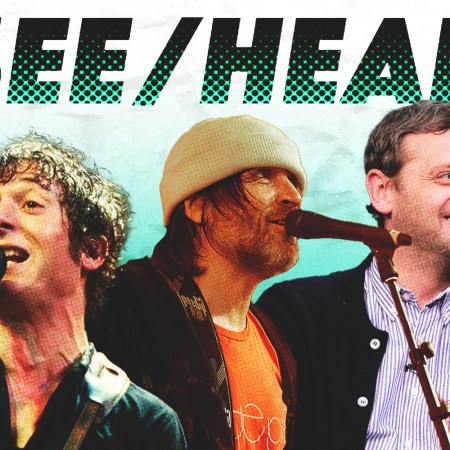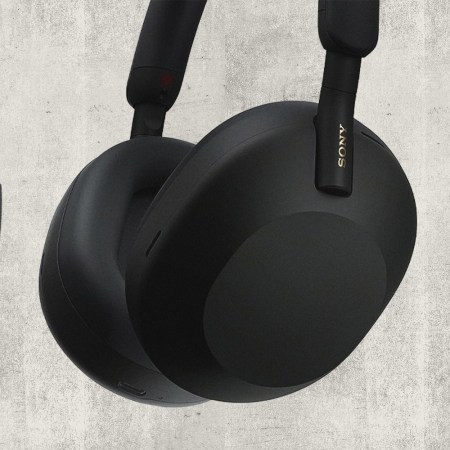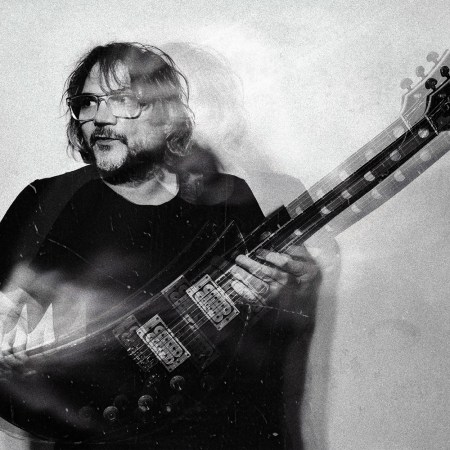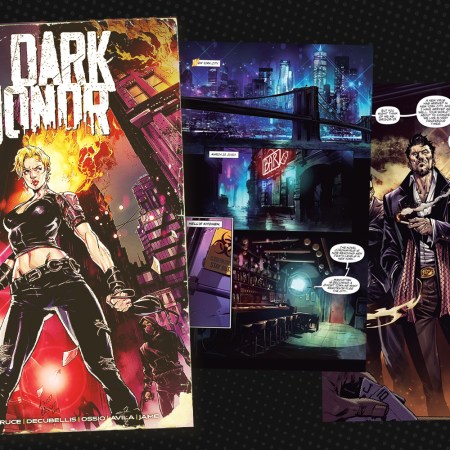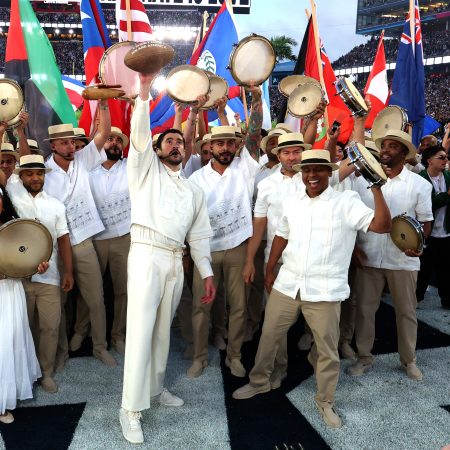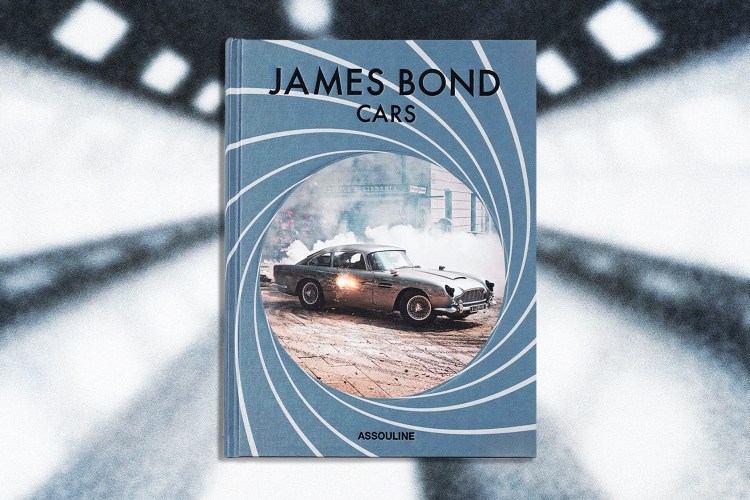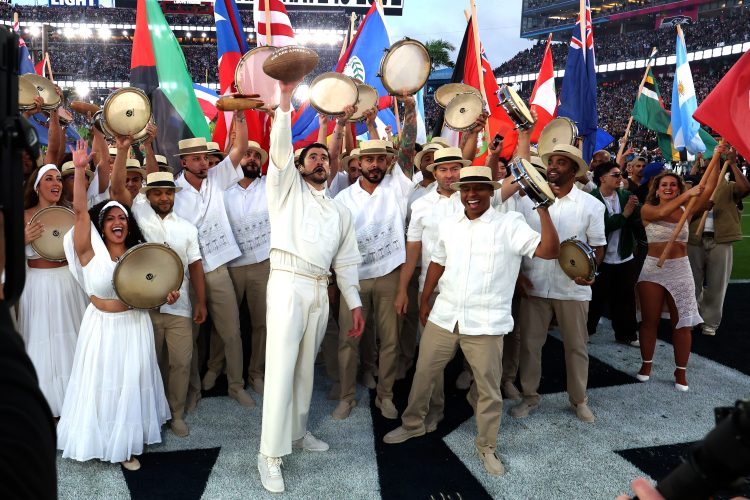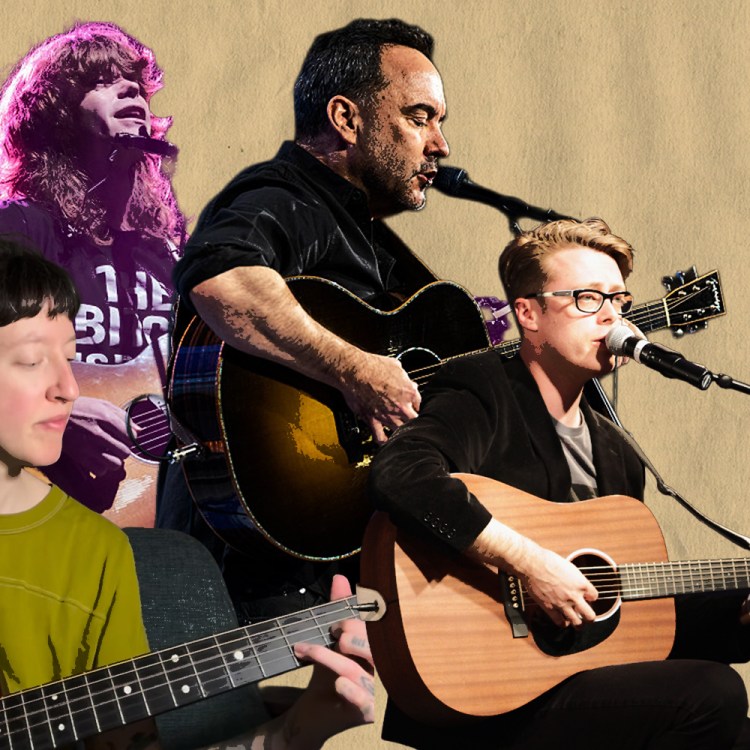Cadien Lake James can already see the headlines about his band’s new album.
The Twin Peaks vocalist/guitarist has long been wary of the word “maturity” being applied to the group as they age and evolve. “It’s a very easy narrative,” he said back in 2016. “I’m not trying to say that writers are lazy, but they probably think, ‘This band has been around for years now, they’re getting bigger, putting out records with slightly better production value — they’re maturing.’”
“I get it,” he tells InsideHook now as he and his bandmates — Clay Frankel, Jack Dolan, Colin Croom and Connor Brodner — prepare to head out on tour behind their new album, Lookout Low. “We do like sound older on every record, and we definitely have like dorkier, older-guy tastes in music as we get older. I dunno. Definitely gonna happen. You have to expect it. It’s just like, I dunno. We’re like 25 through 27 or 28 now on this one. It’s like, we’re not teenagers anymore, and it just seems like this funny thing where it’s like everyone who’s ever written about us kind of thinks we’re the same age. I don’t get it.”
He pauses for a second before offering a more diplomatic response that reeks of the very word he’s trying to avoid: “Shit, man. I don’t have to cover music. It doesn’t sound easy. Probably a lot of people covering us don’t even like us but have to for their job. So if maturity is how they want to put it, I appreciate them being nice.”
The problem with calling this new record “mature” is that it’s patronizing — kind of the critical equivalent of telling your 30-year-old grandson he’s gotten really tall. Anyone impressed with the growth or production value hasn’t been paying attention to the Chicago garage rockers for some time now. But while Lookout Low, Twin Peaks’ fourth studio album, isn’t a sign of maturity, it is by far their most meticulously crafted effort.
The group — who have been playing together since they were high-schoolers roughly a decade ago — changed up their process, demoing and rehearsing a whopping 27 tracks, which they ultimately whittled down to 14 before heading into Monnow Valley Studio in Wales for three weeks with legendary producer Ethan Johns (Paul McCartney, U2).
“We were talking about being open to working with a producer, not sure if we wanted to do that but then like trying to think about what producers would be a good fit if we even knew any producers anymore,” James says. “Like we just hadn’t been paying attention to that part of the process. And we were listening to Aha Shake Heartbreak, that Kings of Leon record, and we were like, ‘Oh man, this record sounds great. But it’s Ethan Johns, he’s never gonna work with us.’ But we reached out, and he was totally down, said he loved the tunes and he was down to make it work with us. We were totally daunted by the fact that he does everything live. That was definitely a challenge, but then it being a challenge grew into an exciting thing and kind of is what led us to say, ‘Let’s do that,’ and once we got out there, we just really hit it off.”
The idea of Twin Peaks, a group whose raucous live act is its bread and butter, being nervous about recording live may seem odd, but James insists “we’ve always been very self-conscious vocalists, and we beat ourselves up about that pretty easily” and credits Johns with helping them move past that.
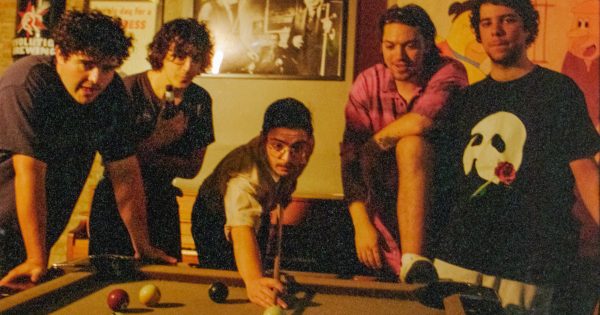
“We’d do a take or two and he’d be like, ‘Aww yeah boys, come in, listen, we fucking got it!’ And we’d be like, ‘Are you fucking kidding? We did like two takes, we’re just warming up,’” he says with a laugh. “And we’d go and listen and he’d sell us on it. He helped us learn how to hear ourselves that way, which was very good for us.”
The result is their most collaborative record to date, one that James says “feels leagues away from where we started,” adding that it’s “the first record to capture honestly the energy we’ve always had and the essence of the band.” There’s the funky “Dance Through It” and the introspective “Unfamiliar Sun.” There are E Street Band-esque horn arrangements, and as anyone who spots the “This album should be played loud” nod to Let It Bleed (an album whose title James also has tattooed on his chest) on Lookout Low‘s sleeve might guess, the Stones’ influence can also be felt.
But even though it’s arguably their best album, James says it’s also the one they struggled over the most. “We were way too invested almost,” he explains. “Whereas in the past, making records was — you know, it’s a heartfelt job, but it was partially nonchalant and spontaneous for us. And we just wanted it to be perfect.”
Ultimately, they pressed on and hoped for the best — an idea that crops up throughout the album as well.
“I think a lot of it deals with realizing life is fleeting the older we get, having more friends who have died too young,” James says. “It’s definitely a theme that I think we didn’t intend to come up on the record but it did a lot — just trusting in the cycle of life and keep on trucking when dark things happen and just do your best everyday to tackle issues, and if anyone can relate to that, then I hope they’re in a good place too.”
“And if people think there’s some pretty cool guitar solos on it, I’d be happy too,” he adds with a laugh.
This article appeared in an InsideHook newsletter. Sign up for free to get more on travel, wellness, style, drinking, and culture.
